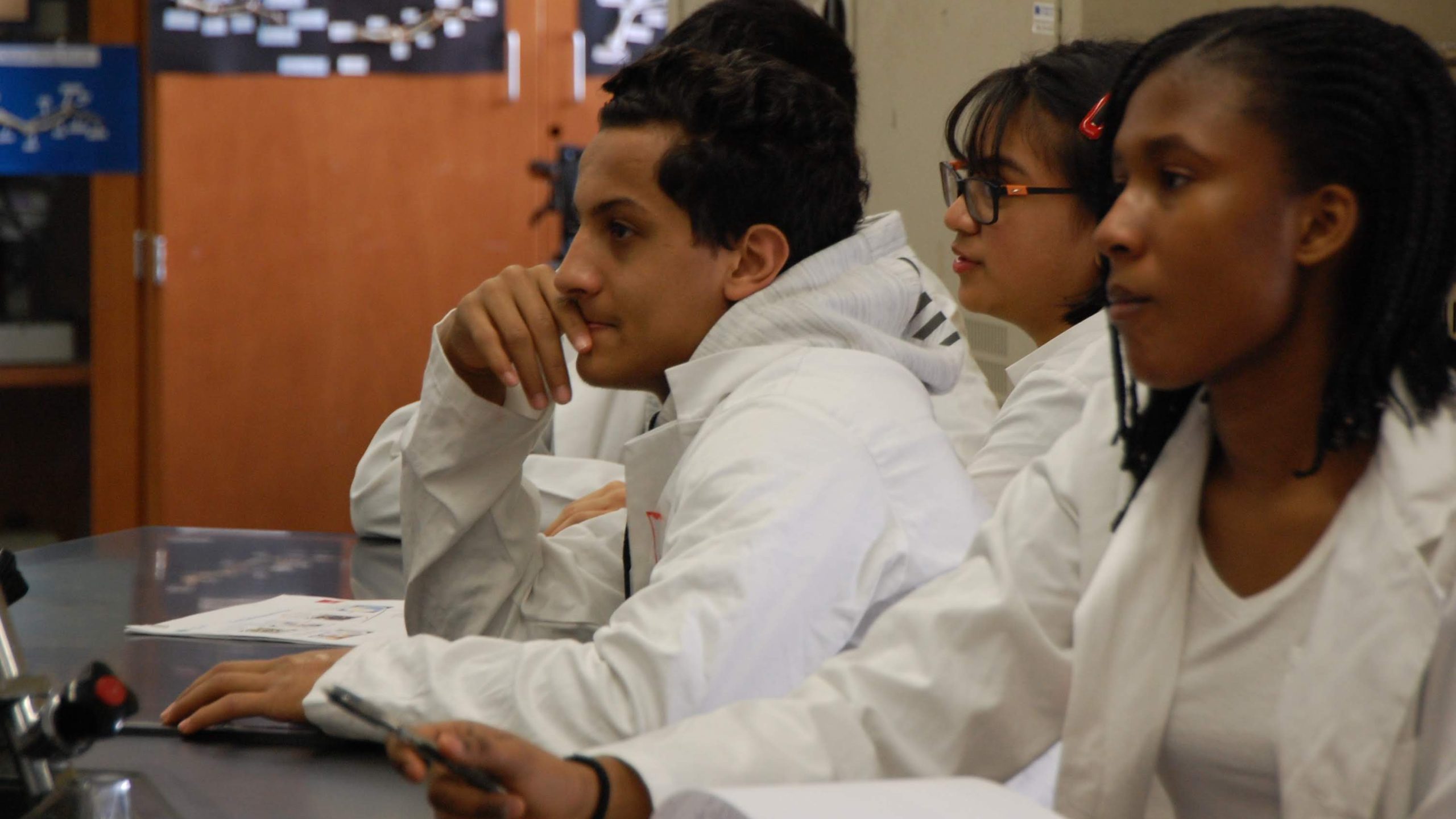The Wisconsin Institute for Discovery is committed to eradicating racism in science, technology, engineering, and mathematics and in academia broadly. As WID is part of those systems, we have a responsibility to take action, make change, educate ourselves, confront racism, and build a more anti-racist organization.
To that end, this page provides links to resources and collections to help WIDites to begin or continue anti-racist work in the lab, in the classroom, in mentorship, in recruiting and hiring, and in every day work in the academy.



